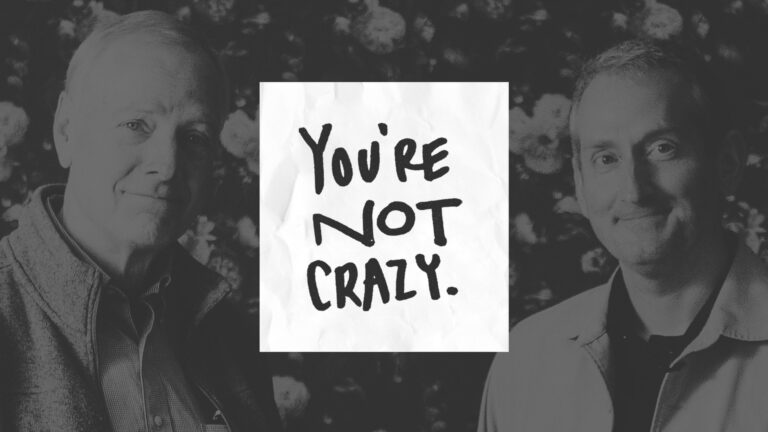Fifty years ago today Dr. Edward John Carnell died. My purpose today is to honor him from a personal angle of vision. I believe that the second-most important reason we exist is to love our neighbors as ourselves (Mark 12:28-31). That sacred obligation does not expire with a person’s death. We love our neighbor after his death by honoring his reputation, when he is powerless to do anything about it but we are quite able.
I knew Dr. Carnell and his family personally. They lived about a block away from my family in Pasadena. His son John was my best friend during our boyhood years. On this night 50 years ago, as a high school senior, I got the news and walked over to John’s house. Entering their living room, I saw his mom with a friend. She was weeping. John and I stood around awkwardly in the kitchen, talking about this and that. I was too immature to know what to say. Eventually I found the courage just to tell him how sorry I was that his dad had died. He thanked me. I am moved as I think about it even now. I wish I could go back and comfort him more meaningfully.
I loved the Carnell home. It was a gentle Christian environment where I felt always welcome. I spent many happy afternoons there after school, John and I sitting in his room reading books, talking, listening to the radio. There was a nook just off the kitchen where John and I watched Soupy Sales on TV while eating peanut butter sandwiches that Mrs. Carnell had kindly brought in to us. I had no idea Dr. Carnell was a theological genius. I had no idea what the “Dr.” in front of his name meant. To me, he was the kindhearted, quiet, gentle father of my friend over on the next street.
Dr. Carnell stood courageously by my dad when some right-wing fanatics in our church accused dad of having communist tendencies. (Crazy! But self-importance and fear make us crazy.) After the crisis blew over, Dr. Carnell gave my dad a copy of a book he had contributed to, marked with this inscription:
“To my present pastor and beloved friend, Raymond C. Ortlund, in grateful appreciation for the Christ-like manner in which he stood before his accusers. I wish I had a tithe of his charity. Edward John Carnell”
Dr. Carnell was himself criticized in other ways. He had a sensitive nature, such that he experienced these buffetings as deeply felt wounds. They took a personal toll.
But the most significant thing about Dr. Carnell, and the most obvious thing about him, was simply that he loved the Lord. For example, one Sunday night, after my dad’s sermon called the congregation to humility, brokenness, and unity in the Lord, Dr. Carnell was the first one to join my dad in his study, where both men got down on their knees together in prayer. That meant a lot to my dad.
In Dr. Carnell’s inaugural address as president of Fuller Theological Seminary in 1955, he said something that I have come to understand and deeply appreciate:
“Whoever meditates on the mystery of his own life will quickly realize why only God, the searcher of the secrets of the heart, can pass final judgment. We cannot judge what we have no access to. The self is a swirling conflict of fears, impulses, sentiments, interests, allergies, and foibles. It is a metaphysical given for which there is no easy rational explanation. Now if we cannot unveil the mystery of our own motives and affections, how much less can we unveil the mystery in others? That is, as we look into ourselves, we encounter the mystery of our own, the depths of our own selfhood. As we sing things like ‘Just as I am, though tossed about with many a conflict, many a doubt, fightings within and fears without, O Lamb of God, I come.’ And having recognized the mysteries that dwell in the very depths of our own being, how can we treat other people as if they were empty or superficial beings, without the same kind of mystery?”
Human eyes are not competent to judge human hearts. It is our responsibility to withhold personal judgments and to extend personal kindnesses. “Do not pronounce judgment before the time, before the Lord comes, who will bring to light the things now hidden in darkness and will disclose the purposes of the heart” (1 Cor. 4:5). Dr. Carnell understood that.
I am thankful for Dr. Carnell’s lovely example of Christian gentlemanliness. In our coarsened age, men like him are rare, and needed. My memory of Dr. Carnell and of others whom I’ve known through the years, who loved and served the Lord, but who were injured by judgmental Christians—the very thought of them moves me to indignation on their behalf. I can’t do much about it. But one thing I can do, through Immanuel Church Nashville, is provide a church environment where any sinner seeking the Lord has nothing to fear. They can relax, breathe, rest, heal, and be renewed to go out and keep on and keep on and keep on. This life is hard. This life is especially hard for people with an especially tender nature, like Dr. Carnell, like so many.
But how wonderful to know that on this day fifty years ago, a day of tears in the Ortlund home on El Molino Avenue and in the Carnell home on South Oakland Avenue, there were shouts of joy in the Father’s house above, as a beloved son was brought safely home forever.















